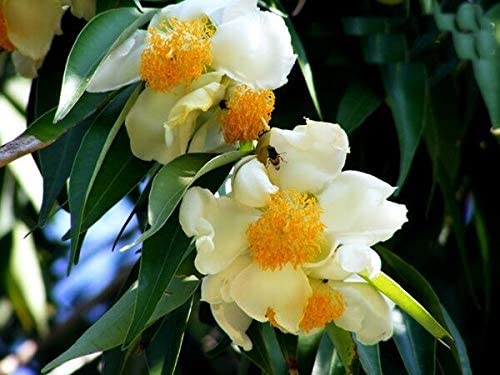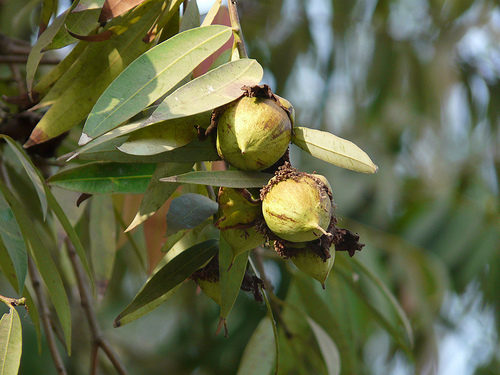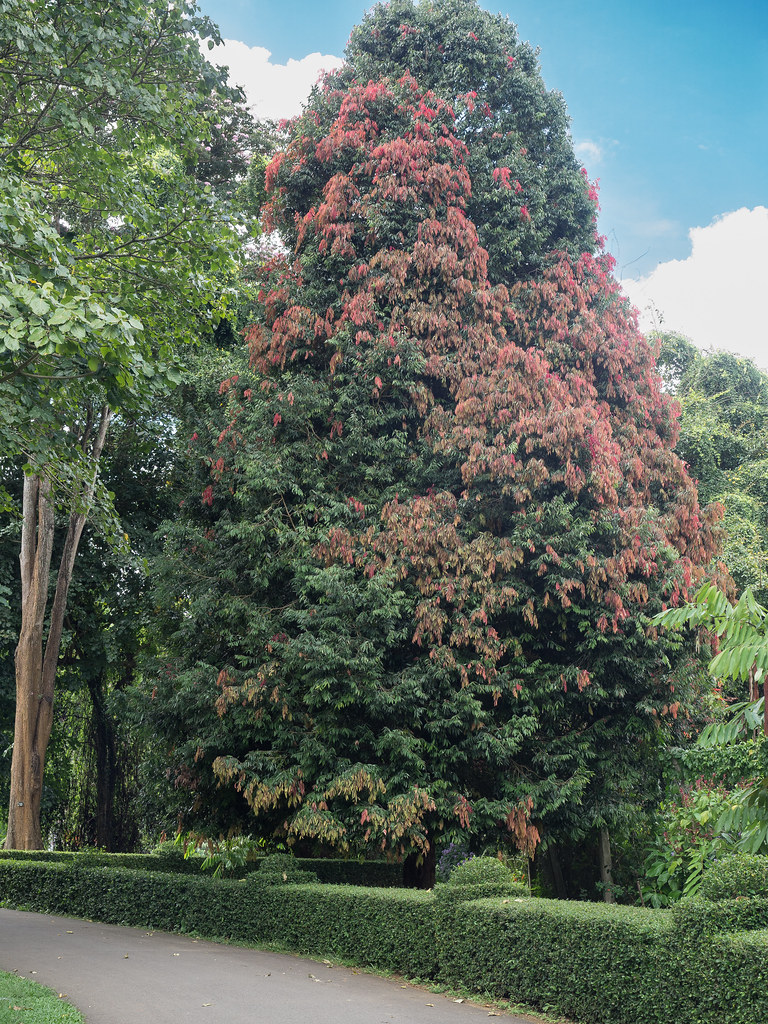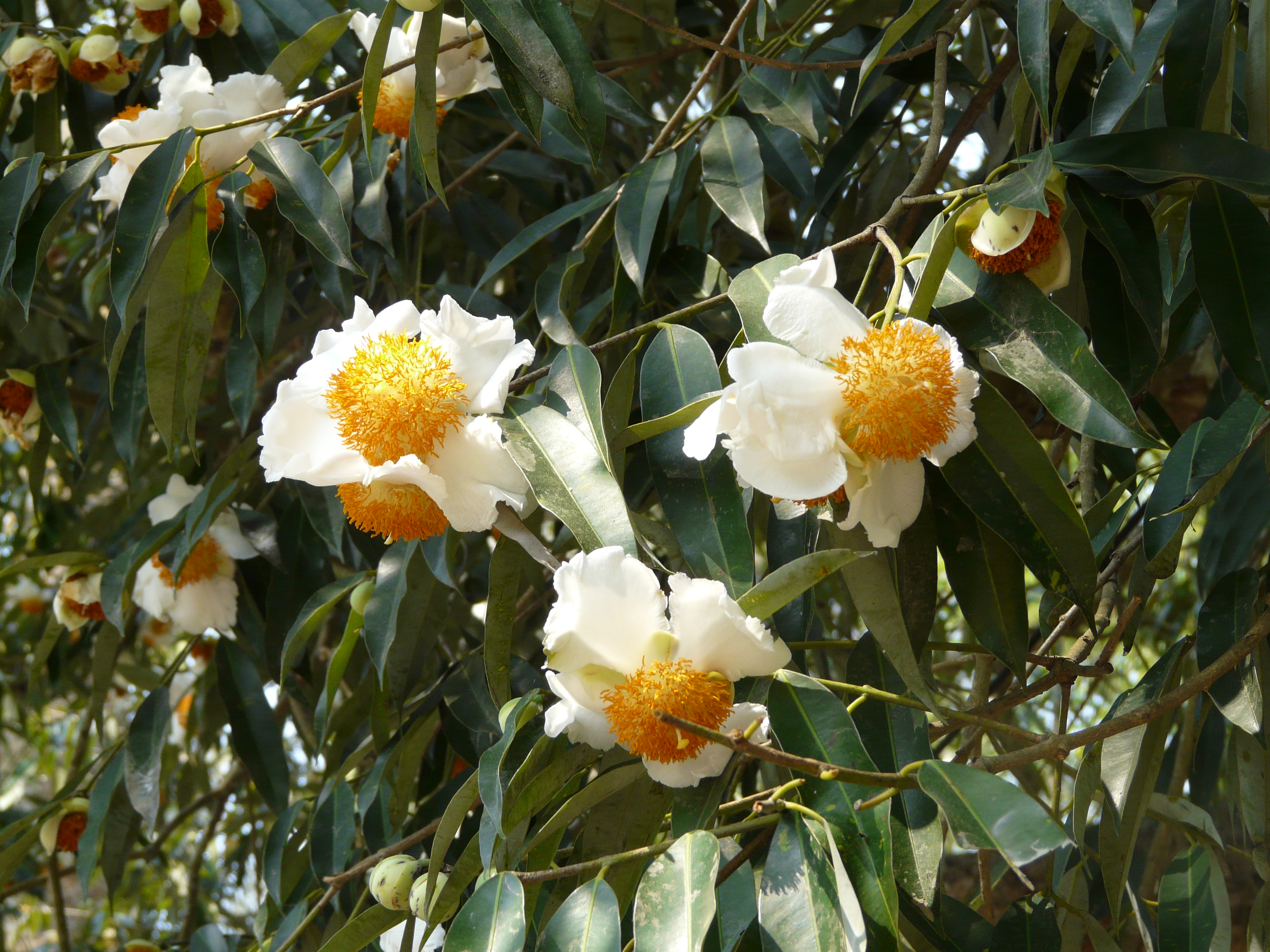IRON WOOD
Mesua ferrea
|
Reference No : |
0000012 |
|---|---|
|
Scientific Name : |
Mesua ferrea |
|
Sinhala Name : |
නා (NA) |
|
Tamil Name : |
நாகமரம் (NAKA) |
|
Other Common Names : |
Ceylon ironwood, Indian rose chestnut, Cobra saffron |
|
Synonyms : |
|
|
Plant Family : |
Clusiaceae |
|
Plant Group : |
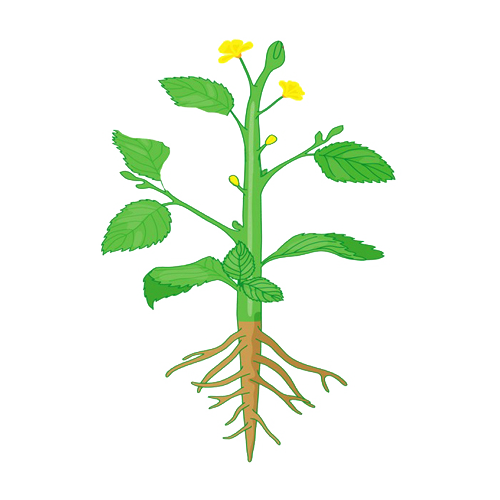 Angiosperms (Enclosed Seed) |
|
Plant Types : |
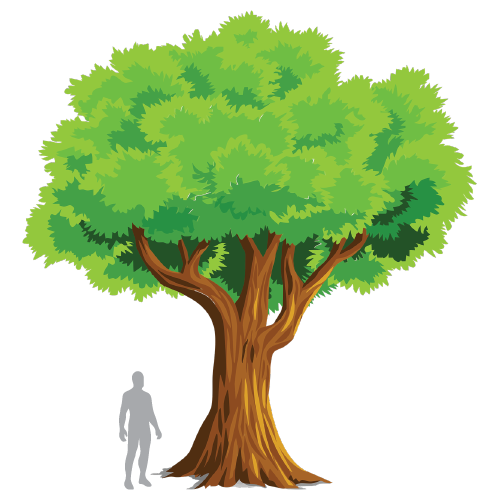 Large Trees
Large Trees
|
|
Crown Architecture : |
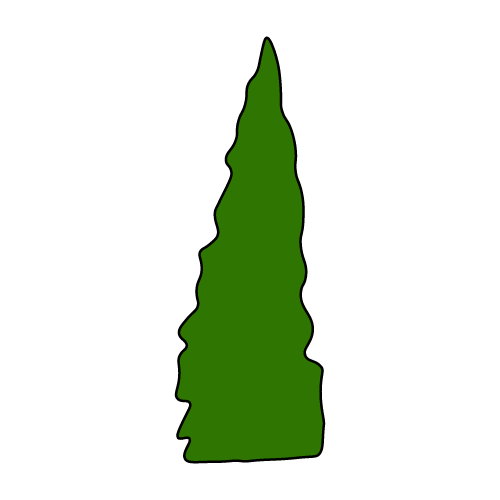 Conical Canopy
Conical Canopy
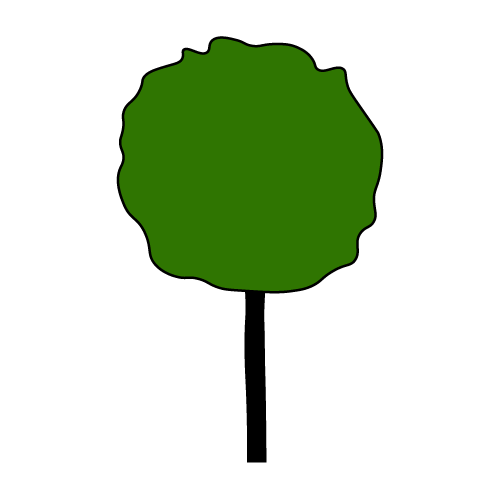 Mop-Top Canopy
Mop-Top Canopy
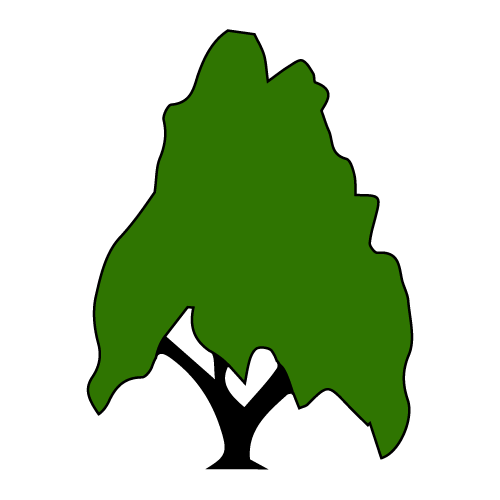 Weeping Canopy
Weeping Canopy
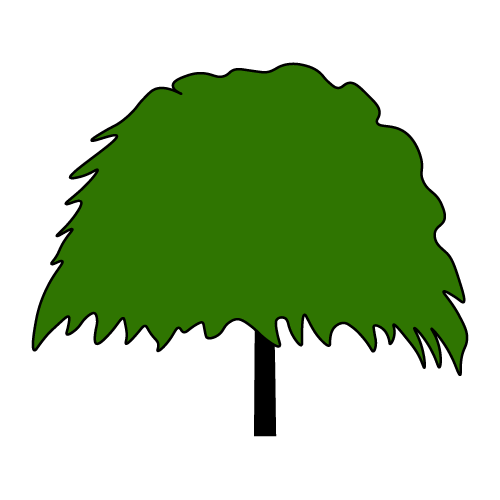 Weeping Standard Canopy
Weeping Standard Canopy
|
|
Plant Categories : |
Aromatic Plants; Bird Attractive Plants; Border Plants; Colorful Plants; Common Landscaping Plants; Courtyard Plants; Dark Green Plants; Dust Controlling Plants; Endemic Plants of Sri Lanka; Flowering Plants; Herbal Plants; High Leaves Density Plants; Indigenous Plants of Sri Lanka; Intermediate Zone Plants; Low Maintenance Plants; Medium Size Trees; Ornamental Plants; Parking Area Plants; Roadside Plants; Sacred Plants; Seasonal Plant; Shady Plants; Sun Loving Plants; Thick Green Plants; Wet Zone Plants; Wood Value Plants; Evergreen Plants; Noise Controlling Plants; Decorative plants |
|
Native Region(s) : |
India; Sri Lanka; Nepal; Indo-China; Peninsular Malaysia; Indonesia |
|
Plant Distribution(s) : |
Nepal eastwards, in north-eastern India, Deccan Peninsula and in the Andaman Islands |
|
Habitat : |
Canopy tree in lowland evergreen forest on level or undulating land, usually along streams but also on ridges with shallow soils, sea-level up to 500m Also an understorey tree in montane evergreen or semi-evergreen forest |
|
Elevation : |
Above sea level up to 1,000 m |
|
Trunk / Bole / Stem & Branches : |
2m in diameter, often fluted or buttressed at the base |
|
Average Height : |
15.00m |
|
Maximum Height : |
30.00 |
|
Average Width : |
6.00m |
|
Maximum Width : |
12.00 |
|
Root System(s) : |
Tap Root |
|
Propogation(s) : |
By Seeds; By Cutting (Stem) |
|
Average Longevity : |
more than 75 years |
|
Maturity Longevity : |
More than 12 years |
|
Medicinal Use : |
Yes |
|
Medicinal Value : |
The ashes of leaves are used for sore eyes. Kernels are used to poultice wounds and in skin eruptions. Leaf and flower are antidotes forsnake bite and scorpion sting. The fixed oil is used for cutaneous infection, sores, scabies, wounds and rheumatism. The flower is stomachic, expectorant and astringent. The decoction or infusion or tincture of bark and roots is a bitter tonic and useful in gastritis, bronchitis and to cure snake bite. Parts Used in Treatment in Sinhala Ayurveda,
Treats for,
|
|
Benefits & Uses : |
The wood of this tree is very heavy, hard and strong. It is hard to saw and is mainly used for railroad ties and heavy structural timber. In Sri Lanka the pillars of the 14th century Embekke Shrine near Kandy are made of iron tree wood. In eastern state of Assam, India, its seeds were also used for lighting purpose in evening for day to day purpose (while mustard oil for religious and health and culinary purposes) before the introduction of kerosene by the British. |
|
Special Features : |
National tree of Sri Lanka and state flower of Tripura and Mizoram |
|
Plant Disease(s) : |
Brown Cubical Rot; White Sap; Heart Rot; Attacked by beetles and some borers. |
Foliage |
|
|
Leaf / Habit : |
Evergreen |
|
Leaf Shape : |
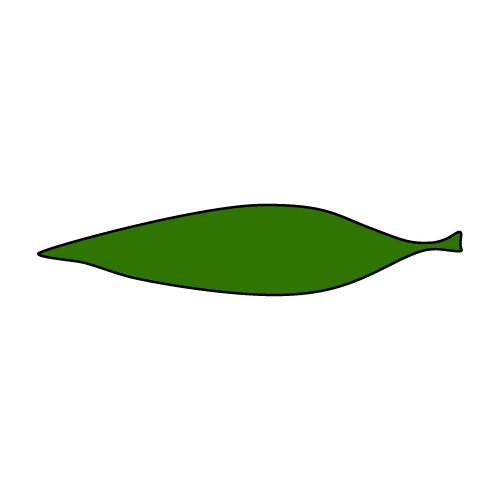 Lanceolate shape
Lanceolate shape
|
|
Arrangements : |
Simple |
|
Leaf Arrangement : |
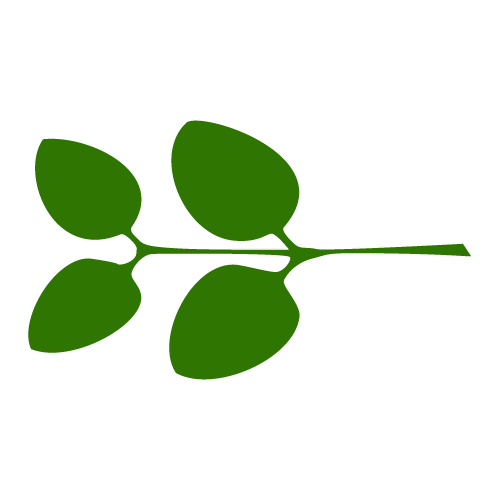 Opposite leaf arrangement
Opposite leaf arrangement
|
|
Leaves : |
Leaf: grayish-green foliage with a beautiful pink to red flush of drooping young leaves Leaves: blue-grey to dark green leaves that are 7–15 cm (2.8–5.9 in) long and 1.5–3.5 cm (0.59–1.38 in) wide, with a whitish underside. new leaves are produced just after flowering at the start of rainy season |
Flowering |
|
|
Is Flowering : |
Yes |
|
Blossoms : |
The bisexual flowers are 4–7.5 cm (1.6–3.0 in) in diameter, with four white petals and a center of numerous orange yellow stamens |
|
Blooming Season : |
March; April; May; June; July |
Fruiting |
|
|
Bears Fruits : |
Yes |
|
Fruit : |
The fruit is an ovoid to globose capsule |
|
Fruiting Season : |
October; November |
|
Seeds : |
2m in diameter, often fluted or buttressed at the base |
Maintenance |
|
|
Level : |
Low |
|
Soil Types : |
Clay Soil; Loam Soil; Well Drained Soil |
|
Water : |
Medium/Moderate |
|
Sunlight : |
Full |
|
Humidity : |
High |
Edibility |
|
Legal Status |
|
If you find any errors, please email us at info@biophilia.lk
